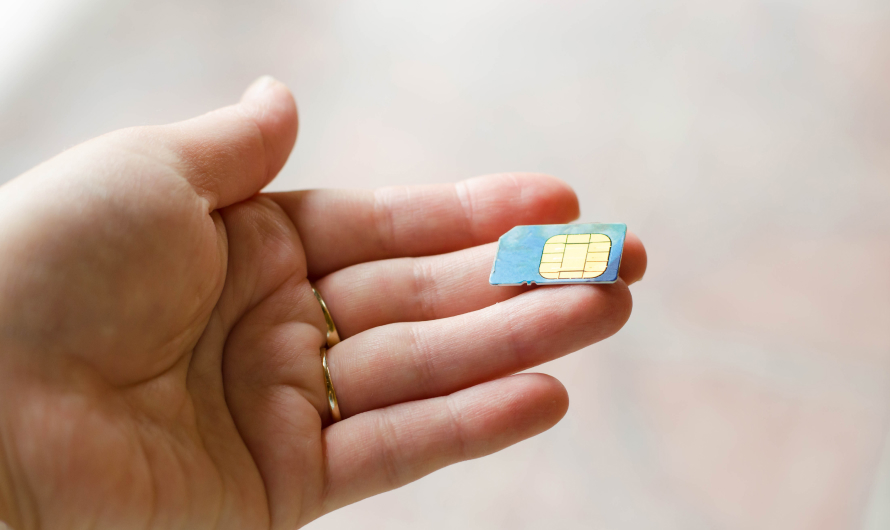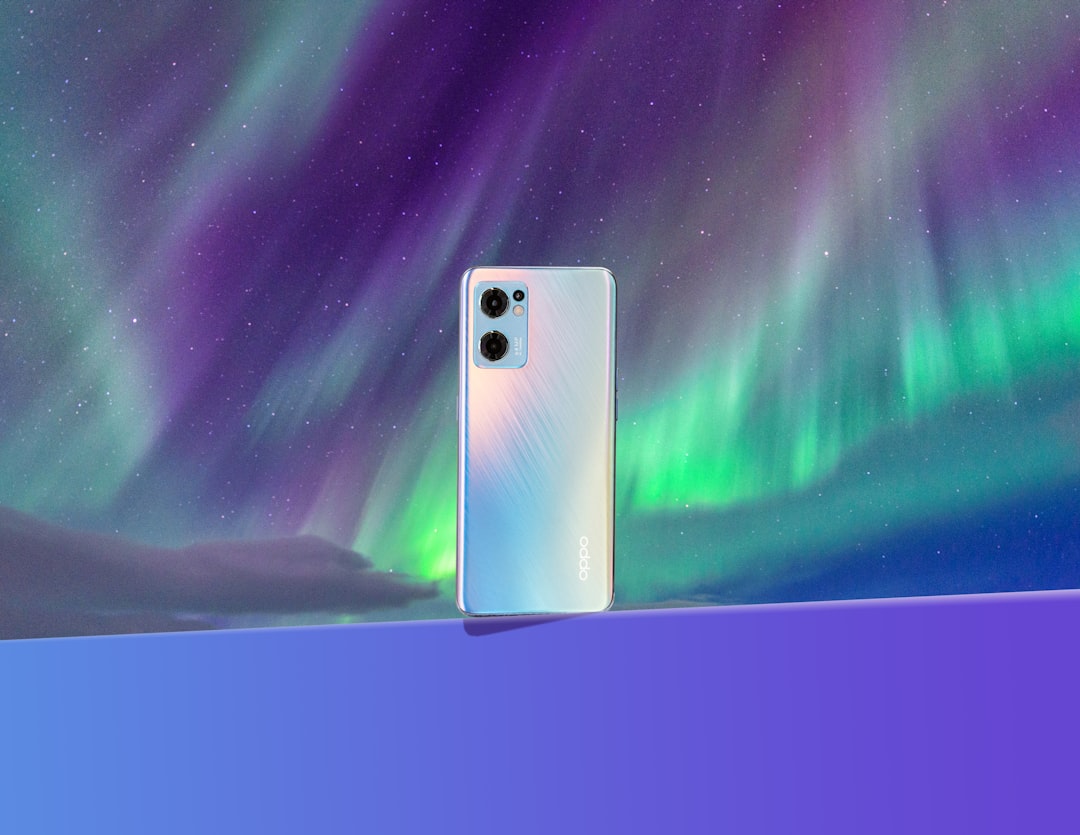Global System for Mobile Communication (GSM) and Code Division Multiple Access (CDMA) have been the two most essential technology standards in the telecommunication industry. Both are used to transmit the data from cellular devices into radio waves. But hey, despite certain similarities, these technologies are differentiated in a way that very few people know about. Let us help you familiarize yourself with both the concerts in detail below:
Buy Airtel Prepaid with exciting benefits!
Understanding GSM SIM Cards:
GSM, or Global System for Mobile Communication, is a digital mobile communication standard, which is used to transmit and receive voice signals and data across a network. It makes use of Time Division Multiple Access (TDMA) and Frequency Division Multiple Access (FDMA) for transmission purposes.
The Europeans first introduced the GSM technology for voice and data transmission. It uses the SIM card in the form of its major element. Every device in a GSM network has a separate SIM card. So, every subscriber in the network holds its own SIM along with an authentication key, a unique algorithm, and a separate identity. This makes it easier to distinguish every GSM user by their SIM.
Working of GSM:
The GSM technology operates a wedge spectrum and three radio frequencies, some of which include 900MHz, 1800MHz, and 1900MHz. Among these frequencies, the 900 MHz is used by the original GSM system, while the 1800 MHz band system is used to provide extra support for the increasing number of customers. The 1900 MHz band, on the other hand, is specifically largely used in the United States of America.
Advantages of GSM:
Extensive Coverage
The most obvious benefit of GSM is its widespread use throughout the world. This is simply because the GSM technology has a harmonized spectrum, which allows you to transfer seamlessly between networks (even though different countries operate on different frequency bands). Hence, GSM users receive coverage in more than 218 countries.
Zero Roaming Charges on International Calls
As GSM has the same network worldwide, users are not charged a fee for the international calls they make. However, this usually depends on the network provider. There are still certain operators who charge service fees on international calls.
Greater Phone Variety
There are many varieties of phone models that operate on GSM technology. Therefore, users have the complete freedom to choose the handset as per their liking. This ensures that they are not restricted to purchasing phones only made in their respective country.
While the GSM technology has many great benefits, it also has a couple of downsides. So, come, let’s find out the disadvantages of GSM SIM cards in detail below:
Disadvantages of GSM:
Bandwidth Lag
Perhaps, one of the biggest disadvantages of GSM SIM cards is that multiple users can share the same bandwidth. So, the transmission can encounter interference.
Electronic Interference
Another disadvantage of GSM is that it interferes with certain medical devices, such as pacemakers, hearing aids, and so forth. This is simply due to the fact that GSM uses a pulse-transmission technology.
Now, since you have a fair understanding of everything, right from the meaning to the pros and cons of GSM SIM cards, let’s get started with CDMA SIM cards in detail below:
Understanding CDMA SIM Cards:
What is a CDMA SIM Card?
Previously known as IS-95, Code Division Multiple Access (CDMA) SIM cards were originally developed by Qualcomm. It was created to offer the utilization of complete bandwidth.
Working of CDMA:
The CDMA technique provides a separate spreading code to each signal, which is used to distinguish different signals in a channel. It later uses a group of orthogonal codes for detecting the signal at a receiver’s end. The base station of CDMA has several codes. When it gets the signals from them, the base stations then work towards distinguishing these signals by using the spreading codes (which are orthogonal). As it uses orthogonal codes, it removes the chances of any kind of interference.
Advantages of CDMA:
Listed down are a couple of advantages of the CDMA SIM card technology:
- It makes use of a fixed frequency spectrum in an efficient way
- It does not have any restriction on the number of users
- It is compatible with many cellular devices. So, it provides nationwide roaming without any issues
- CDMA channel is not easily decoded. Hence, it is considered a secure form of communication as hackers cannot decipher the code
- The frequency reuse plan can be managed easily
- Can be operated at a low power level
- It has noteworthy range effectiveness
- The quality of the calls is much better and clear
- Under CDMA, resources are allocated flexibly.
Just as every coin has two sides, CDMA too has its disadvantages. So, make sure to learn about its flaws in detail. Come, let’s find out below:
Disadvantages of CDMA:
- It does not offer worldwide meandering
- Its performance degrades with an increase in the number of users
- Self-jamming issues are observed in CDMA systems due to the loss of orthogonality of PN codes or spreading sequences of multiple subscribers.
By now, we are sure that you must be quite clear with both the SIM card technologies. So, what are we waiting for? Let’s move on to discuss the differences between them below:
Difference between GSM and CDMA:
| Difference | GSM | CDMA |
| Basic | The GSM technology is SIM-specific | The CDMA technology is handset-specific |
| Availablity | It is globally available | CDMA is not pretty common; hence it is available with relatively fewer carriers |
| Used Technology | GSM uses TDMA and FDMA | It uses the CDMA technology |
| Voice and Data | The GSM technology supports the transmission of voice and data | CDMA does not support voice and data feature |
| Spectrum | It follows a wedge spectrum | It follows a spread spectrum technology |
| Encryption | It does not come with built-in encryption | It comes with a built-in encryption |
| Flexibility | A customer can interchangeably use and replace a SIM on different devices | CDMA is not a very flexible option |
| International Roaming | It is commonly used around the world | Users can’t switch SIM cards. Hence, they have to make do with international roaming services provided by their operator |
Today, the differences between CDMA and GSM matter less. Unless international roaming is a factor, both the technologies are equally good when it comes to coverage, customer service, price, and more at play here. Now, after all this, if you are indeed looking to get a new SIM card, we suggest you choose Airtel. Get superior network coverage, superfast mobile data and many other benefits!



